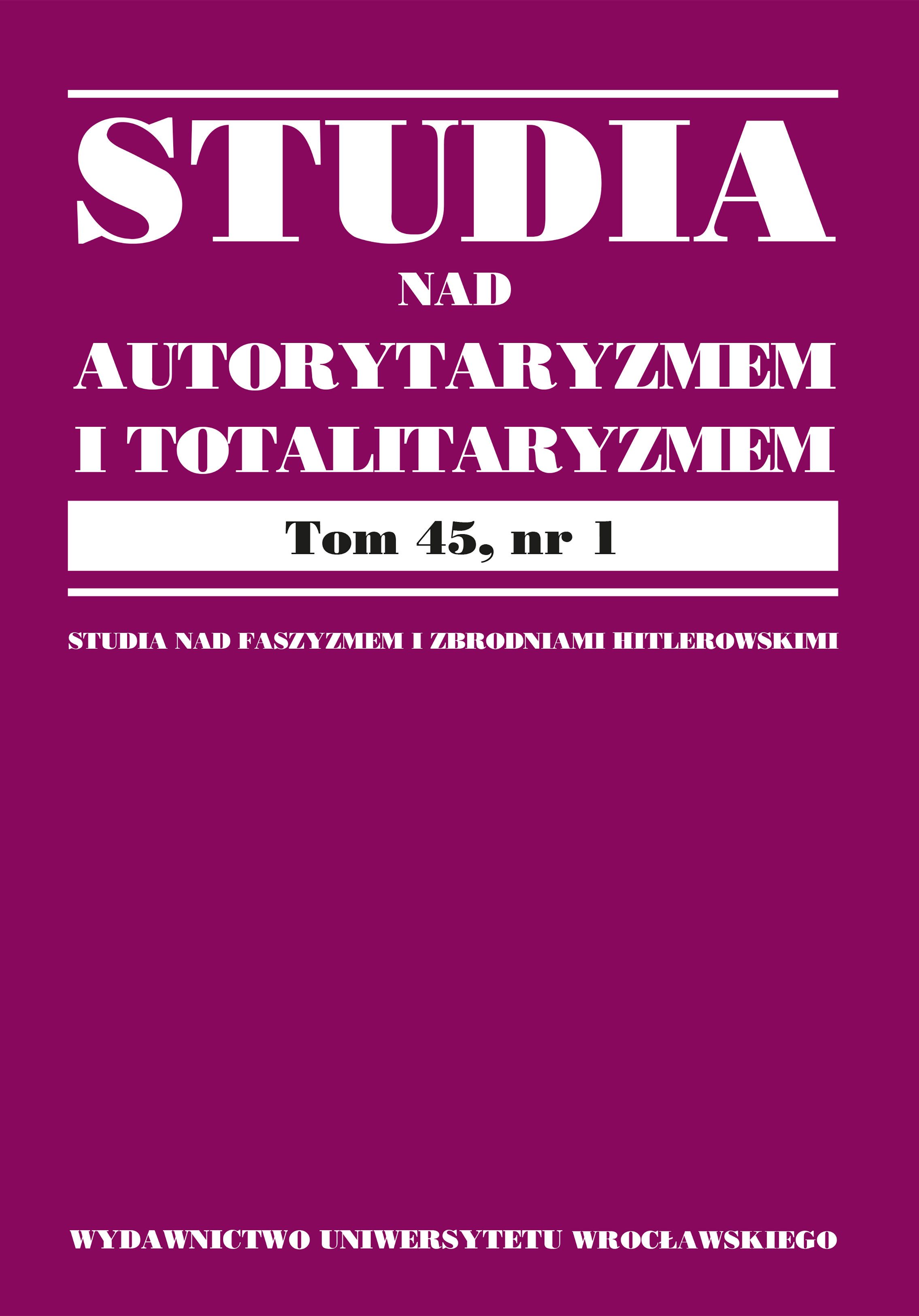

Artykuły

The overall approach of the communist authorities toward religious orders in the 1950s and 1960s hinged on the attempt to weave them into the socialist reality of the Polish People’s Republic. Religious orders in the PPR held considerable organizational and personal potential, which meant that they were of interest to both the Episcopate of Poland and the state authorities, and their activities were formed under the distinct influence of the relationship between the state and the Roman Catholic Church. Two periods can be distinguished on the basis of executing different policies of the communist authorities with regard to monastic orders and congregations in Poland: from 1945 to the early 1960s and from the 1960s to the end of 1989.
During the first period (the so-called Stalinist era) monastic orders, much like the Roman Catholic Church, were treated as an enemy of the state. During this period, in the case of the Congregation of Salvatorian Fathers in Bagno, state repression and, at the same time, limitations on their freedom to manifest religious beliefs were enforced through administrative, legal and police measures.
In the second period, the Communist authorities altered their tactics in their dealings with monastic orders. At that time, steps were taken to weaken the episcopate’s influence over monastic orders by attempting to use their autonomy to break up the unity of the Church in Poland.
Up until 1964, the Salvatorian Fathers’ Higher Seminary in Bagno was frequently inspected and required to produce suitable documentation for the authorities. After that, the government made larger-scale attempts to infiltrate the monastery by building a network of secret collaborators. They took advantage of the order’s international missionary activities in particular, forcing or encouraging monks to cooperate with the State in exchange for passports and gaining permission to leave.
In view of this, the policy towards the Salvatorian Fathers’ congregation in Bagno depended on the institution’s loyalty to the State, which also directly translated into its members’ greater freedom to express their religious beliefs, which in the case of this congregation meant, among other things, that they were allowed to educate clerics at the Lower and Higher Seminary and conduct their missionary activities in the spirit of Roman Catholic faith.